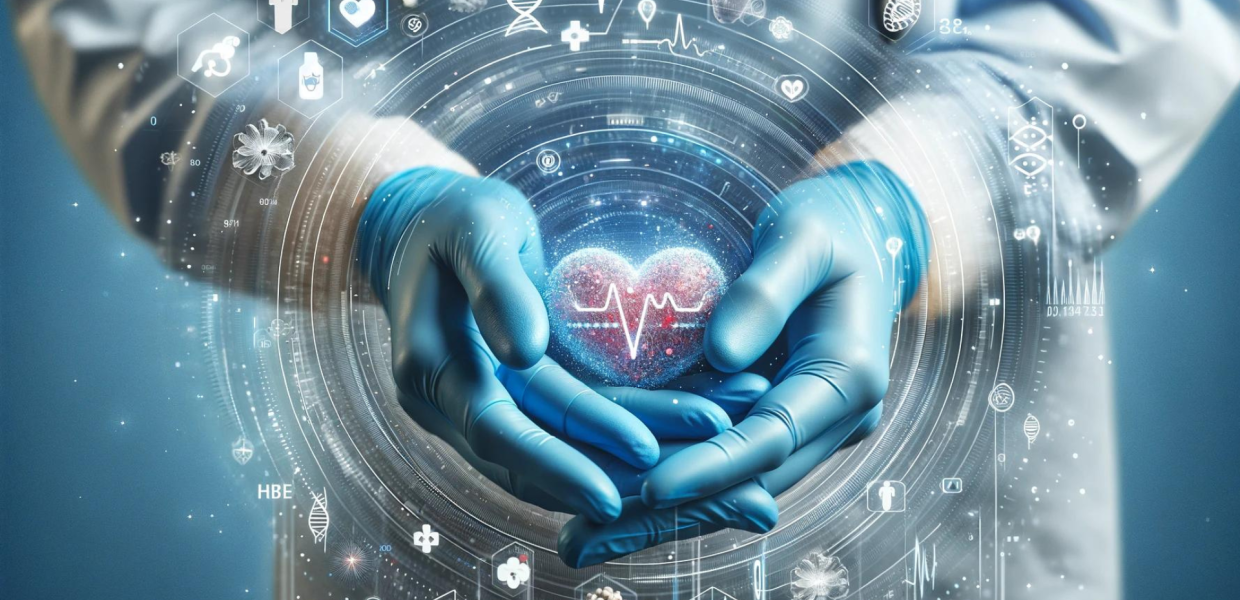Unimaginable. Groundbreaking. Fast-moving. These terms are how experts describe the use of artificial intelligence (AI) and machine learning (ML) across industries. These technologies are poised to dramatically change the way we live and do business.
Specific to the healthcare industry, AI and ML have become a driving force in improving how healthcare companies connect their life-changing treatments and interventions with patients and healthcare professionals. We will continue to see the impact of this innovation across the entire healthcare ecosystem, including drug development, clinical trials, health literacy, and commercialization. And for healthcare communications professionals – who translate complex information into understandable, relevant content for patients – it will be transformative.
As a leader in data and AI-driven communications and marketing, our company, Real Chemistry, is committed to realizing the potential of data connectivity through AI and ML in healthcare. We are applying it to the diagnosis, management and treatment of many conditions, particularly rare diseases, to improve patient outcomes. By analyzing massive amounts of health data, we are uncovering new information daily that can help patients and physicians identify a disease they might not even know the patient has, despite suffering from troubling symptoms unresponsive to treatment for years.
That said, AI’s adoption must unfold carefully in the highly regulated healthcare industry to ensure we protect patients’ privacy and provide them with accurate information. We must move thoughtfully in partnership with legal, regulatory, and medical experts to make AI a help, not a hindrance.
Here are four major ways AI is markedly improving healthcare communications and marketing:
- Speaking to Patients Like You Know Them: Every patient is unique. Words that matter to a 35-year-old single Latina mother living in a large Southern city will likely not resound with a 50-year-old married farm worker in the Midwest. To inspire both of these patients to care about their health, we must reach them where they already seek information with words and messages that matter to them. By analyzing billions of data points — all de-identified so individual patient information is never surfaced — we can create highly personalized content and target it to different patient segments. We can achieve better health equity by tailoring content for diverse patient populations. That said, we must work hard to remove biases from the data we collect to ensure the data we use to make decisions creates an accurate picture and more equitable healthcare experience for all.
- Getting Immediate Answers at Crucial Times: Imagine bringing AI-powered virtual agents into the highly complex and regulated healthcare setting, where a patient or health professional needs real-time answers to complicated medical questions. Advanced automation, AI, and Natural Language Processing (NLP) can create human-like conversational AI agents that can address healthcare professional’s questions any time they need it with medically accurate information that is compliant with regulatory and legal guidelines. We believe conversational AI will be industry-changing, especially as companies continue to reduce the number of physical sales representatives calling on physicians’ offices post-COVID.
- Creating the Best Content, Quickly: Generative AI platforms like ChatGPT and DALL-E enhance our ability to work smarter by allowing us to focus more on creative and storytelling skills and less on simplistic tasks. In healthcare, we are using tools purpose-built for the complexity of our industry. As much as everyone is excited to experiment with different platforms, communicators and marketers need to move forward with proper legal and regulatory counsel to navigate how these new technologies and their outputs fit in the current regulatory frameworks set by groups like the Food & Drug Administration.
- Democratizing AI for Everyone: AI platforms have increasingly become user friendly, which means everyone will be using them in the very near future. So what does that mean for the future of our profession? While there is fear that AI will make jobs obsolete, I believe AI will become the best time-saving tool we have ever had. It can reduce repetitive tasks so you can focus more on interesting and complex tasks like analysis, strategy, and creativity. My advice is to lean into AI and learn how it can help you become more efficient. AI is here to stay. We will surely look back in two, five, 10 years and not remember what it was like not to have AI and ML at our fingertips, just like we can’t remember what it was like before we had calculators, the computer, the internet, the cell phone and social media.
Jennifer Gottlieb is the global president and chief client officer of Real Chemistry, a leading global health innovation company that uses real-world evidence, proprietary technologies, and analytical insights to address the demands of our ever-evolving healthcare ecosystem. Since 2006, Gottlieb has built Real Chemistry into a health innovation powerhouse by expanding Real Chemistry’s well-respected data and analytics capabilities. She a Trojan Parent and a member of the USC Center for PR board of advisers.
